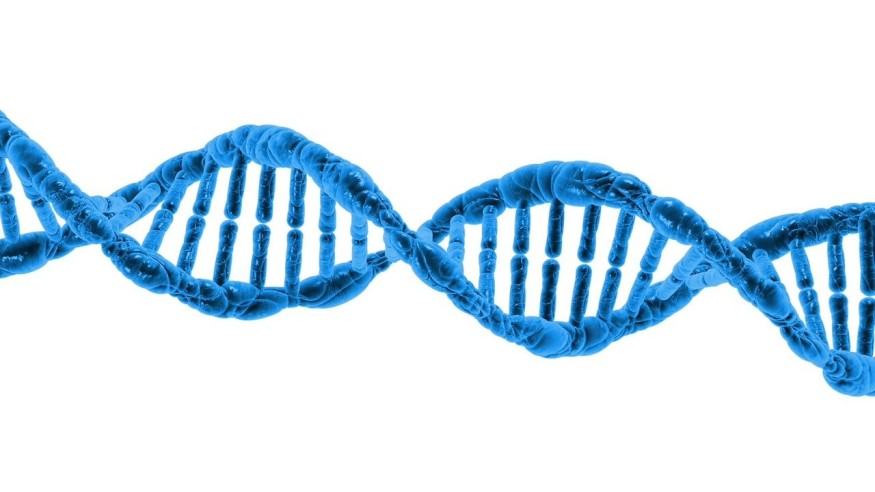DeepMind, Google's sister company, announced on Thursday that it had used artificial intelligence to successfully predict the 3D structures of nearly every catalogued protein known to science, which includes over 200 million proteins found in plants, bacteria, animals, and humans.

DeepMind Artificial Intelligence AlphaFold Application
The AI system, AlphaFold, is an open-source database that allows scientists worldwide to use it for free in their research. The ground-breaking system was officially launched in July 2021, and identified 350,000 3D proteins.
"Basically, you can think of it as covering the entire protein universe," DeepMind founder and CEO Demis Hassabis said. More than 500,000 researchers and biologists have used the database to view more than two million structures, which has helped scientists make brilliant new discoveries.
Researchers typically spend an enormous amount of time and effort decoding the folded, 3D structure of a protein they are working with. When scientists know the exact structure of a protein, they can predict where and how a molecule will attach to it and how that attachment will affect the protein's folds in response. However, this is not a low-cost study.
According to Steve Darnell, a structural and computational biologist at the University of Wisconsin and researcher at DNAStar, the cost of solving a new, unique structure is on the order of $100,000. It is costly because it takes complex laboratory experiments to come up with the solution.
AlphaFold's database has helped several scientists in the past. For example, Yale University scientists requested help from AlphaFold's database in developing a new, highly effective malaria vaccine. In another instance, scientists at the University of Portsmouth used the system to create enzymes that will combat single-use plastic pollution.
Others who have used the database, according to Hassabis, include those attempting to understand Parkinson's disease better, protect the health of honeybees, and even those looking to gain valuable insight into human evolution.
Beatrice Demarchi, an associate professor at the University of Turin who recently used the system in a study on an ancient egg controversy, said that AlphaFold is already changing the way we think about the survival of molecules in the fossil record.
In the upcoming years, DeepMind also plans to collaborate with groups from the World Health Organization and the Drugs for Neglected Diseases Initiative in order to find treatments for poorly understood but widespread tropical diseases like Chagas disease and leishmaniasis.
DeepMind collaborator and EMBL deputy director, Ewan Birney said that it would inspire many researchers around the world to consider what experiments they could conduct and to think about what is going on in the organisms and systems they are studying.
DeepMind Artificial Intelligence AlphaFold Aid Function in Protein Related Study
The interaction between certain molecules and proteins is critical for scientists, whether they are doctors trying to develop new medications or botanists dissecting plant anatomy to make fertilizers. When it comes to medications, for example, the specific way a drug's molecule binds to a protein could be the deciding factor in whether or not it works. This interaction becomes complicated because proteins are not straight or flat strings of amino acids.
For small molecular medications, pieces of a folded protein can sometimes be prevented from binding a drug. They could be folded in an unusual way that makes them inaccessible. This type of information is critical for scientists trying to get their drug molecule to stick.
Janet Thornton, an EMBL research scientist, believed that it is true that almost every drug that has come to market in the last few years has been designed, in part, through knowledge of protein structures.
RELATED ARTICLE : DeepMind AI Coding System As Efficient as an Average Human Programmer? Is This True?
Check out more news and information on Technology in Science Times.
© 2026 ScienceTimes.com All rights reserved. Do not reproduce without permission. The window to the world of Science Times.











